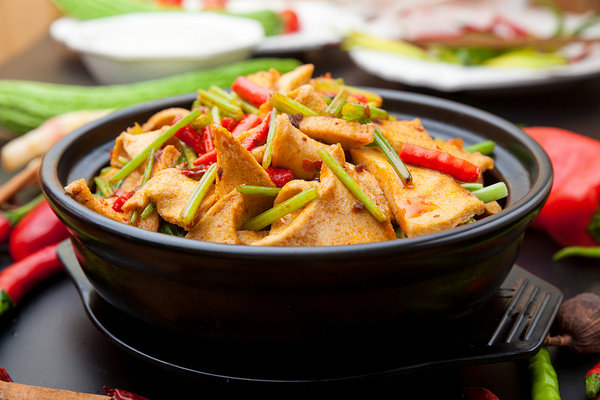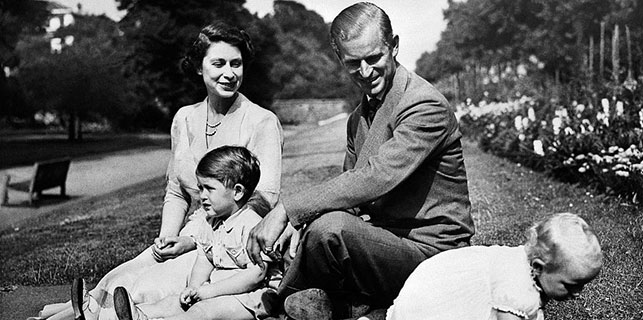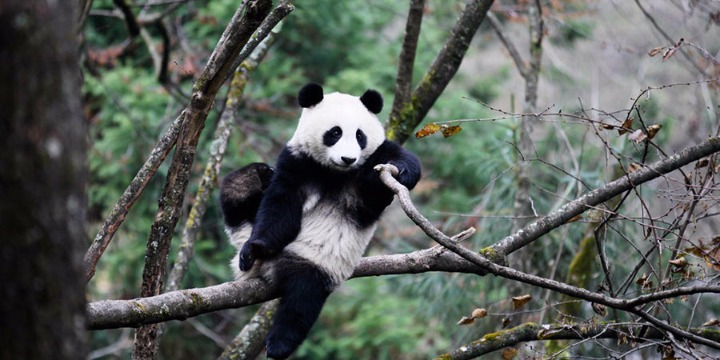Green and fresh: Vegetarians in China
 |
|
A meat-free Chinese dish. [Photo/VCG] |
However, a Chinese emperor Xiao Yan from the Southern Dynasty (420-589) changed everything.
Having a strong faith in Buddhism, he even abdicated and tried to be a monk three times. He strongly promoted vegetarianism in Buddhist temples by issuing an order to force monks to adopt a vegetarian lifestyle, plus no alcohol.
There is no reliable record about if Xiao was a 100 percent vegetarian, yet he was one of the few Chinese emperors who had a very long life, passing away at age 86.
Thus vegetarian food was more common after monks began to lead a real simple life without meat and alcohol.
Qi Min Yao Shu written in the Southern and Northern Dynasties (420-581), widely recognized as one of the earliest agricultural books in China, recorded 11 vegetarian recipes. The vegetables mentioned in the book included spring onion, leek, wax gourd, mushroom and eggplant.
Later vegetarianism became relatively popular in the Tang and Song dynasties (618-1279). According Meng Liang Lu, a book from the Song Dynasty, there were even shops that specialized in vegetarian cakes. The book recorded about 25 kinds of meat-free cakes made from dates and chestnuts.


















